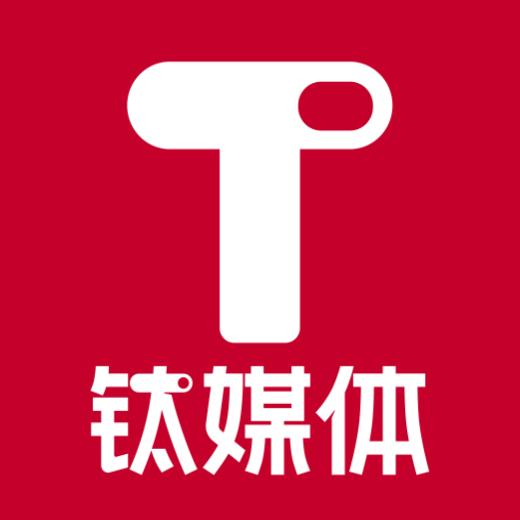TMTPost -- Novo Nordisk A/S’s blockbuster weight loss drug Wegovy is facing direct competition from its arch-rival in China.

AI Generated Image
Eli Lilly & Co. ‘s tirzepatide injection under the brand name Mounjaro, has won approval for use of chronic weight management on July 19, according to a release at the website of China's National Medical Products Administration (NMPA). As the first GIP (glucose-dependent insulinotropic polypeptide) and GLP-1 (glucagon-like peptide-1) receptor agonist in the world, Mounjaro is Eli Lilly’s first obesity therapy approved in China, the company said in a statement. Mounjaro is indicated as an adjunct to diet and exercise for chronic weight management in adults with obesity (initial BMI≥28 kg/m2) or overweight (initial BMI≥24 kg/m2) with at least one weight-related comorbidity like Hypertension, hyperglycemia, dyslipidemia,Eli Lilly said.
The approval of Mounjaro came after Novo Nordisk said its weekly jab Wegovy was greenlit in China less than a month ago. Wegovy is the world’s first and only once-weekly glucagon-like peptide-1 (GLP-1) receptor agonist therapy approved for weight management for people living with obesity. Wegovy will soon be available in China but the initial sales will be restricted, so that the influx of Chinese patients doesn’t deplete supply for the rest of the world, Maziar Mike Doustdar, the Danish pharma giant’s chief of international operations, said following the announcement of approval. The official added that Novo wants to ensure that people who start the treatment will keep a steady supply of the drug.
Novo Nordisk is striking a delicate balance as the drugmaker seeks meeting pent-up demand in China while taking advantage of what may only be a brief head start on its U.S. rival Eli Lilly.Besides Mounjaro, Lilly is also co-developing obesity drug called mazdutide with its Chinese partner Innovent Biologics Inc.The drug is anticipated to hit the market next year. Several companies are working on biosimilar versions of Wegovy in a race to get them on market when Novo’s patent expires.
As the world’s second largest economy and the second most populous country, China is a highly promising market for Novo Nordisk and its competitors. It is projected to hold the highest number of overweight or obese people.
More than half of Chinese people age 18 and above are obese or overweight owing to unhealthy diets and static lifestyles, according to a report released by the National Health Commission of China in December, 2020. It showed 34.3% of adult Chinese are overweight and 16.4% are obese.The proportion of the younger population facing weight issues is also alarming. Nearly 20% of youngsters aged 6 to 17 and more than 10% of children younger than 6 are either obese or overweight. The Chinese public health study showed in 2020 that the number of overweight adults in the country is estimated reach 540 million by 2030, 2.8 times higher than 2000 levels. Numbers who are obese are seen jumping 7.5 times to 150 million.
The Wall Street expressed upbeat on the market for weight-loss drugs driven by demand from major economies like China and U.S. The global obesity market is set to reach $130 billion by 2030, up from a prior forecast of $100 billion last October, Goldman Sachs analysts estimated in a note late May. The update “reflects our assessment of the impact of certain events that have occurred since our last published estimate across several key domains that factor importantly in our forecasting assumptions,” the analysts wrote.
China is expected to become a RMB14.9 billion ($2 billion) obesity market by the end of the decade, Chinese news media outlet The Paper reported earlier this month, citing data from Ping An Securities Co. The report cited another China-based securities firm Caitong Securities Co., Ltd that the local market is expected to exceed RMB12 billion in 2025, considering China had 192 million overweight and obese people aged 18 and above as of 2019.


































热门跟贴